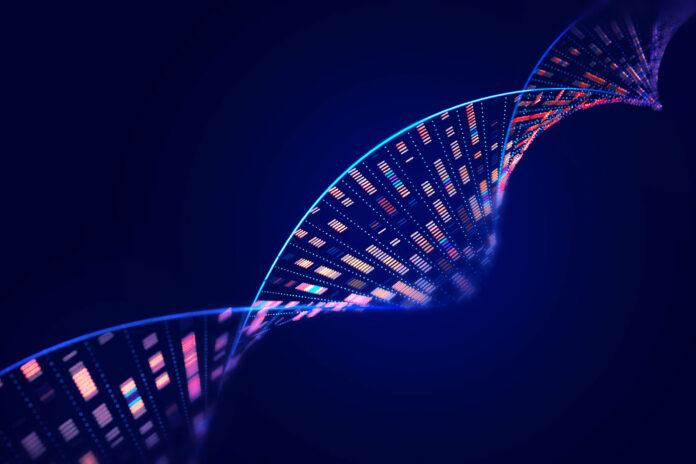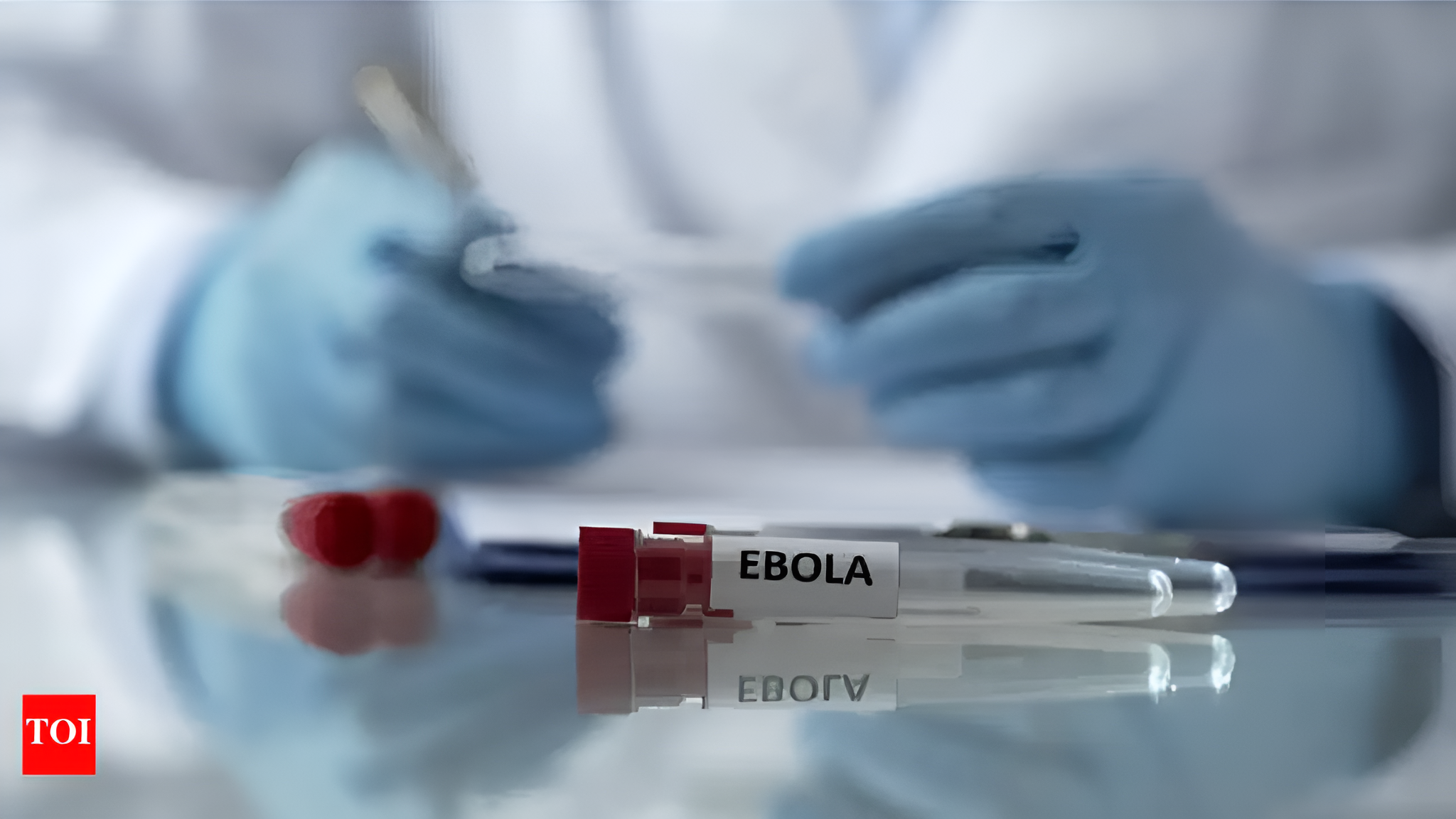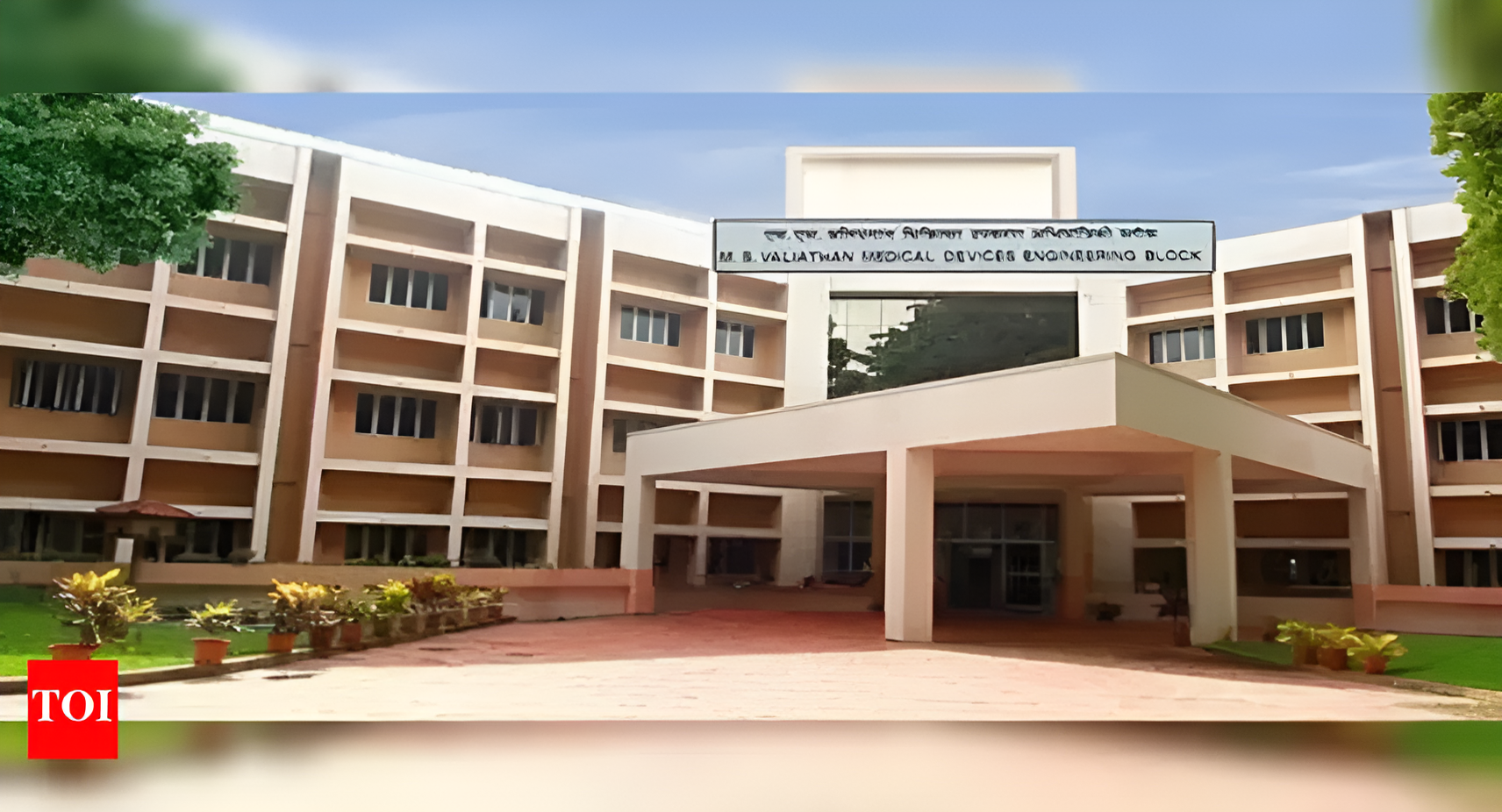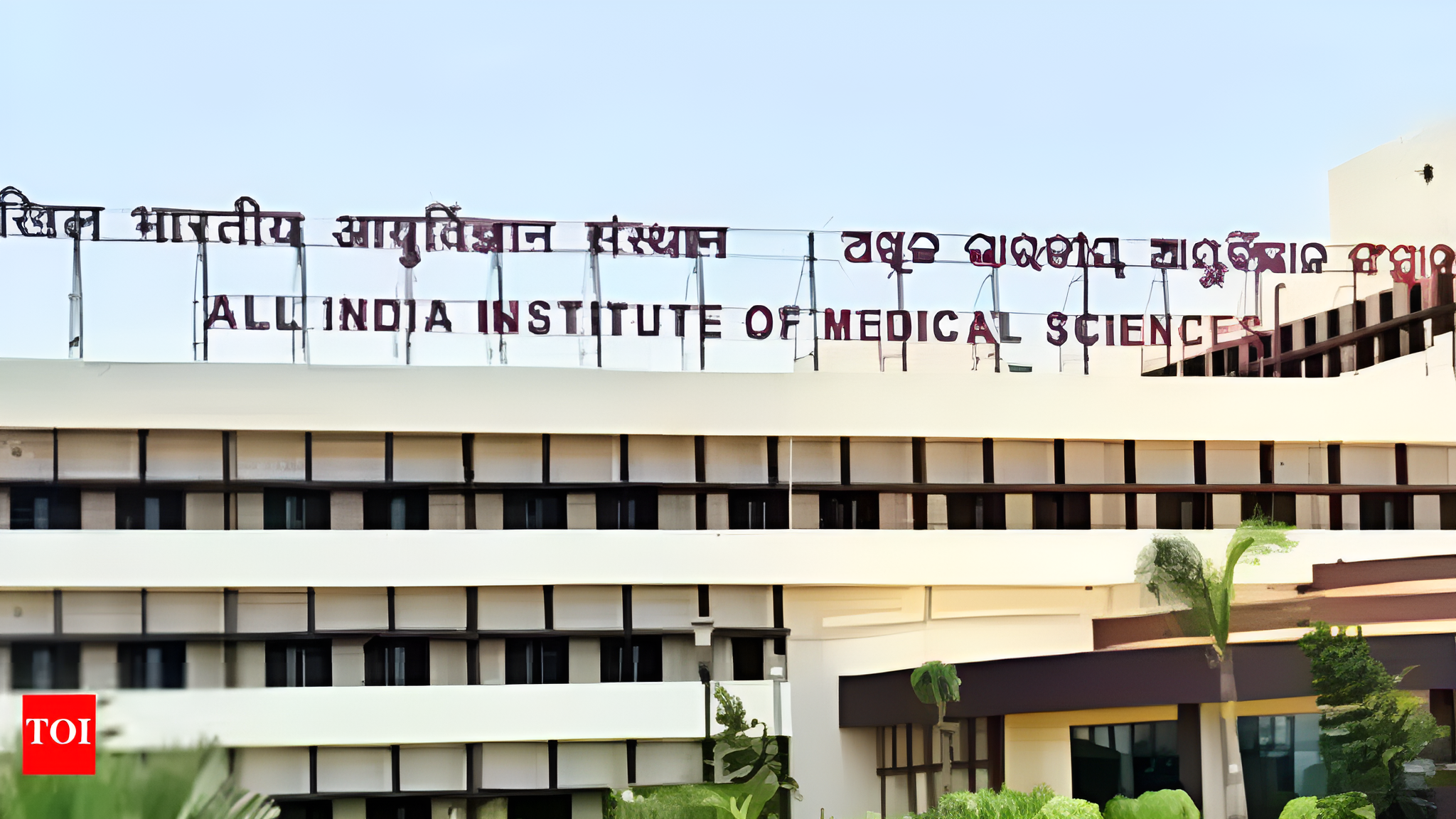
Testing firm Genialis has announced the commercial availability of its krasID test, which it calls: “the first biomarker algorithm that predicts patient response and clinical benefit to KRAS inhibitors (KRASi) across tissue histology and mutation type.”
Genialis’s krasID was developed to help guide drug development from early preclinical phases, to clinical trials (e.g., patient selection for clinical trials and identification of combination therapies), and to market access and clinical care, including providing the ability to maximize time on drug and inform combinations.
“KRASi hold transformative potential for cancers like NSCLC, CRC, and PDAC, but for these drugs to achieve their full impact, we need better tools to understand who are the right patients,” said Mark Uhlik, PhD, vice president of biomarker development at Genialis. “Genialis krasID represents a significant leap forward in personalizing cancer care.”
The new test uses machine learning (AI/ML) to model dozens of biological processes from the gene expression of patient-derived tumors, providing more information and predictive power than traditional mutation-based diagnostics. It has been validated on real-world data from G12C non-small cell lung cancer (NSCLC) patients and myriad other preclinical and PDX samples across colorectal cancer (CRC) and pancreatic ductal adenocarcinoma (PDAC), where it has shown pan-RAS, pan-tissue applicability.
Traditional KRAS tests, the company points out, only detect the presence or absence of DNA mutation and they cannot inform time on treatment or combination strategies.
Genialis krasID integrates signal from KRAS biology with surrounding tumor milieu using RNA-seq & ML. It predicts response with >94% accuracy in preclinical models and >80% accuracy in real world patients. It also stratifies patients based on time on treatment/survival.
KRAS mutations contribute to approximately 1.6 million new cancer cases globally each year, predominantly in NSCLC, CRC, and PDAC. Current therapies primarily target only G12C mutations, which leaves as many as 50 percent of patients with cancer driven by a KRAS mutation without targeted treatment options.
More than 65 companies are developing an estimated 100 KRASi therapies across 18 indications. However, patient response rates to KRASi remain modest, with only about 30-40 percent showing benefit, and then for only 6-10 months duration.Today, KRAS-eligible patients are selected solely on mutation status, a biomarker strategy that provides virtually no insight into which patients will respond to treatment and for how long.
“What if I told you we could predict with 85 percent, 90 percent, or even 95 percent precision which patients are going to benefit from a new therapy? And we could tell you how long that benefit will last? And we could specify which patients should receive a given combination of drugs?” said Rafael Rosengarten, PhD, chief executive officer of Genialis. “Genialis krasID is a new kind of biomarker that aims to provide exactly this deep insight into each patient’s biology, with the latest data showing promising performance across all major KRAS indications.”
The company first shared details about krasID at AACR 2024. Since, under its early access program, Genialis and its pharmaceutical and biotechs partners have collaborated to evaluate the biomarker for development programs. Genialis presented new data on the test at the 6th Annual RAS-Targeted Drug Development Summit in Boston on September 25, 2024.










![Best Weight Loss Supplements [2022-23] New Reports!](https://technologytangle.com/wp-content/uploads/2022/12/p1-1170962-1670840878.png)




